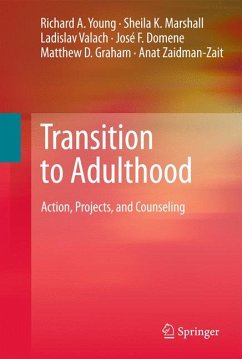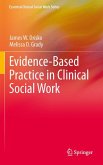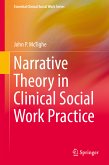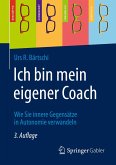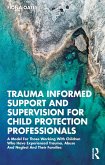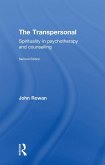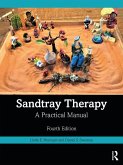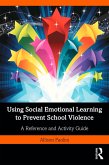. Emotions in the transition to adulthood . Establishing the adult identity . Romantic and intimate relationships . Transition in the context of disability . Suicide and suicidality in the transition . Counseling techniques, narrative and interpretation, the self-confrontation procedure Transition To Adulthood: Action, Projects, and Counseling offers researchers, therapists, counselors, and graduate students in developmental, clinical, counseling, and vocational psychology and social work a particular relevant lens for approaching this critical time in young people's lives. "This book provides a powerful new framework for understanding individual youth as they take on the tasks associated with becoming adults - identity, love, career, life style, and meaning. Useful for both researchers and practitioners, this book could serve as an excellenttext for a course on the transition to adulthood, adolescence, or related topics." - Reed W. Larson, University of Illinois, Urbana, IL "This extraordinary team of authors brings remarkable insight and years of research to bear on the many facets of the dynamic transition to adulthood. The book attends to the very social nature of this transition by skillfully applying an action theoretical perspective to compelling case material. This masterfully written book is destined to become a landmark. It is intellectual and at the same time accessible. Brilliant!" - Donna Schultheiss, Cleveland State University, Cleveland, OH
Dieser Download kann aus rechtlichen Gründen nur mit Rechnungsadresse in A, B, BG, CY, CZ, D, DK, EW, E, FIN, F, GR, HR, H, IRL, I, LT, L, LR, M, NL, PL, P, R, S, SLO, SK ausgeliefert werden.
"Much research on youth focuses on general patterns within populations or subpopulations and is not very helpful for understanding - let alone helping - individual young people. This book provides a powerful new framework for understanding individual youth as they take on the tasks associated with becoming adults - identity, love, career, life style, and meaning. This framework (approach) helps us think about how these tasks are negotiated in daily contexts - and particularly in and through relationships with significant others.
Useful for both researchers and practitioners, this book could serve as an excellent text for a course on the transition to adulthood, adolescence, or related topics. It also includes excellent case examples that make the concepts/ framework tangible." - Reed W. Larson, University of Illinois, Urbana, IL
"This extraordinary team of authors brings remarkable insight and years of research to bear on the many facets of the dynamic transition to adulthood. The book attends to the very social nature of this transition by skillfully applying an action theoretical perspective to compelling case material. This masterfully written book is destined to become a landmark. It is intellectual and at the same time accessible. Brilliant!" - Donna Schultheiss, Cleveland State University, Cleveland, OH
"Richard Young and colleagues present an extremely restrictive, intellectualized, analytical model of psychological processes that occur during development. ... It is a conscious, purposeful attempt to devise a model of psychological functioning based on contemporary philosophical ideas and concerns. ... The literature reviews in the chapters illustrating the application of action theory to various realms (e.g., relationships, career, suicide) are well researched and informative. This book would be most appreciated by academics and scholars interested in thecentral subject matter and associated philosophies." (Judith Kingstone, PsycCRITIQUES, Vol. 56 (40), October, 2011)

